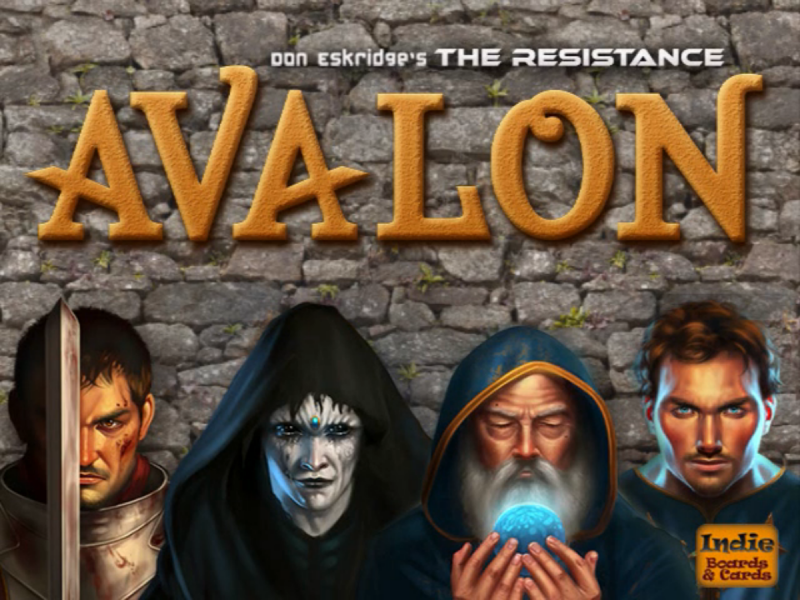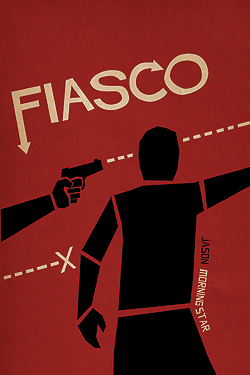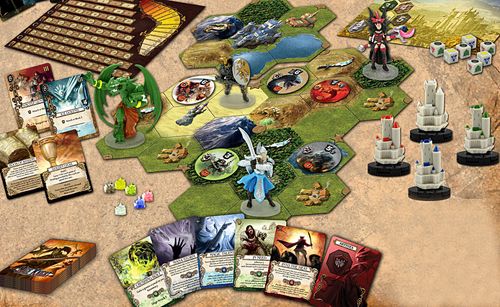
I have a lot of fun with Commander (EDH if you’ve been around a while). It seems to be my father’s preferred format for Magic, and my siblings always have decks with them. It’s been made clear to me that some of my decks have significant chinks in their armor. Both my Zedruu deck and my Jaya deck are very feast-or-famine, it seems, relying on combos that may or may not appear fast enough to respond to threats adequately in some situations. I’ve started to think more tactically about these decks. I want to build decks to have fun, but I also would like to not get completely blown out as often as I have been lately.
Enter Sun-Tzu. The philosophy in The Art of War emphasizes the flexibility, strength, and speed of a successful fighting force. I’ve looked at my current roster of Commander decks, and how their colors and theme and signature creature provide those three points. Sharuum (One mark of a great soldier is that he fight on his own terms or fights not at all.), Karthus (Move swift as the Wind and closely-formed as the Wood. Attack like the Fire and be still as the Mountain.), and Ghave (Let your plans be dark and impenetrable as night, and when you move, fall like a thunderbolt.) all seem to be winners so far. As much as I like Zedruu and Jaya, their decks often have me quickly devolving into “top-deck” mode, just hoping they yield the exact card I need to get myself out of whatever terrible situation I’ve found myself in. They are also comparatively slow (a shock considering Jaya is mono-red) and Jaya has little synergy with the rest of her deck. So where do we go from here?
I’ve been looking towards the recently completed Return to Ravnica block for ideas, and I have at least a couple potential decks I’ll be assembling and testing in the coming weeks.
Izzet Engine
Speed is the essence of war.
While Zedruu can facilitate a great deal of card draw, making it more likely to pull an answer to a problem I’m facing, it can be difficult to get a donation to an opponent that lasts long enough for Zedruu to bring in the rewards. I have many methods of drawing cards and benefitting from those draws, and a general who gives me a direct, relevant, and reliable benefits from drawing is my old friend, [mtg_card]Niv-Mizzet, the Firemind[/mtg_card]. I’ll have to dismantle both of the above decks to give Niv-Mizzet the tools he needs to blast my opponents, and there’s plenty of room for a variety of planeswalkers, time shenanigans, and even the synergy of Niv-Mizzet working with… um… Niv-Mizzet. [mtg_card]Niv-Mizzet, Dracogenius[/mtg_card], to be exact. I’ll probably be assembling this exciting and somewhat frightening lightning-powered engine of destruction this weekend.
Orzhov Alliance
Supreme excellence consists of breaking the enemy’s resistance without having to fight.
I’ve wanted to put together a vampire EDH deck for some time, now. The good thing about pairing the fiends with Orzhov’s Extort mechanic is that I do not need to engage in direct confrontations to get an edge over my opponents. I was initially torn as to who should take control of the alliance, as I have a soft spot for [mtg_card]Teysa, Envoy of Ghosts[/mtg_card]. However, after some consideration, it seems that [mtg_card]Obzedat, Ghost Council[/mtg_card] is slightly faster and has more synergy with the Extort within the deck and lifelink-equipped vampires. I’m looking forward to putting this deck together, as it’s been an idea I’ve had for quite some time.
This leaves me with another slot in a fat pack box for an EDH deck. Perhaps another mono-color deck? I’ll have to contemplate that.






